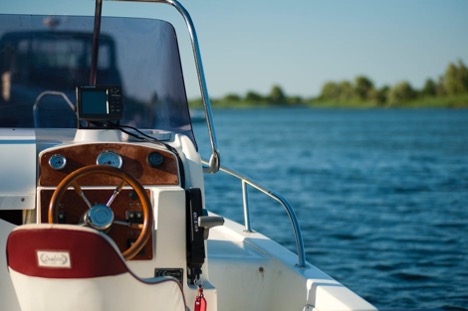
Do you enjoy the peace of mind when you’re on the open water? Have you always wanted to spend more time on the ocean but didn’t know where to begin?
Safety is essential whether you’re a novice boater or a first-time captain. According to a study, there are 6.5 deaths for every 100,000 registered leisure boats in the US!
Follow these simple boating safety tips, and you’ll be prepared for open water from underneath the waves up above the deck of your boat.
Pre-Boat Trip Preparations for Safety
Check and understand the weather conditions for your trip, as this can be a significant hazard. Educate yourself on the regulations for your area. Be sure to have water safety equipment, such as life jackets, flares, and radio.
Have a medical kit that contains essentials such as basic first aid, anti-seasickness medication, and any necessary medications. Map and plan out your route, keeping track of navigational markers, such as buoys.
Finally, fill up your fuel tank and ensure the boat works flawlessly before setting out. If there is a need for boat or boat trailer repair services, seek a professional before the trip.
Understanding and Following Boating Rules and Regulations
Everyone aboard the boat must understand how to operate the ship and the necessary safety procedures. Orient guests on the local laws, regulations, and safety guidelines every boater should know before heading out on the water.
It is essential to be familiar with the area you are boating in, including any potential hazards or changing conditions. Always adhere to the safe boating for beginners rules, which can be found in the navigation rules and statutes, to ensure your safety and the safety of others on the water.
Proper Etiquette for Boating
Being polite to other boaters is a must. Keep a lookout for other boaters and obey the speed limits, especially when traveling close to shorelines and passing other boats.
Avoid making loud noises that can disturb other boaters. Taking turns to access narrow passages will help minimize frustrations among other boats.
Furthermore, refrain from throwing trash or any other debris into the sea. Be responsible and respectful, and always keep your fellow boaters in mind.
Outfitting Yourself and Your Vessel for Safety
Be sure to securely fit a personal flotation device (PFD) on everyone on board the vessel. Have a fire extinguisher (or multiple, depending on the size of your boat) readily available.
If possible, equip your vessel with a VHF radio for communication with other boaters and receiving weather and navigation warnings. Finally, have appropriate navigation lights and flares on your boat.
Knowing When to Seek Help in the Water
Understand water and weather conditions, the tides, and the effects of wind and waves to help identify hazards in advance. Know the route to the available emergency services and where to go if help is needed.
Be aware of the signs of distress and know how to react if someone does scream for help. If an emergency arises, seek help immediately.
Have a Relaxing Trip by Knowing About Boating Safety
Boating can be a fun and rewarding experience with the proper preparation. Knowing the fundamentals of boating safety and taking the necessary precautions when going on the water can help ensure a happy and safe experience.
Be sure to check the rules and regulations of your state, and always wear a life jacket when necessary. Get out there and stay safe!
For more tips, check out the rest of our blog!











